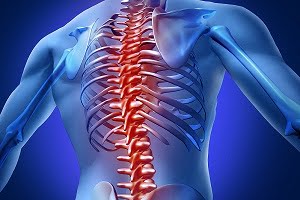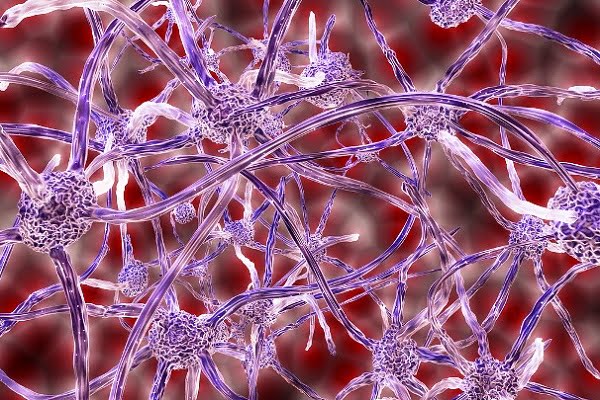Browsing: Brain and Neurological Conditions

Your brain constitutes the control mechanism of your body. It’s part of your nervous system, which also includes the spinal cord and a large network of nerves and neurons. The nervous system controls everything in your body.
When your brain is damaged or diseased, it can affect your memory, your sensation, your personality, and even your entire quality of life. Nervous system disorders (Nervous system diseases) include any conditions or disabilities or problems that affect your brain or nervous system and comprise brain diseases as well.
Brain and nervous system problems are quite common. These neurological disorders include Alzheimer’s disease, Parkinson’s disease, multiple sclerosis, epilepsy, stroke, depression, autism, etc.
This page provides quick access to a list of common diseases, syndromes, health conditions, and other topics of health importance related to your brain and nervous system. The list is organized alphabetically. Links are provided to respective disease ecosystems that serve as a comprehensive and ultimate guide about the disease or health condition. Keep reading!
When people refer to ‘Autism’, they are usually talking about Autism Spectrum Disorders (ASD). ASD is a brain-related problem which influences how a person relates to his environment. It is characterized by social and communication challenges and repetitive behaviors and activities. It influences learning, thinking, and analytical abilities of people.
No one knows the specific cause of Alzheimer’s disease (AD). Researchers have discovered rare genes that may cause or contribute to the development of AD. These genes may be carried from one generation to the next within a family. As you age, you’re at increased risk of the disease.
Autism Spectrum Disorder (ASD) or autism generally starts before the age of 3 years and lasts lifelong. An early detection…
Laminectomy is done to create a space by removing the lamina, which is the back part of the vertebra that covers the spinal canal. Your doctor will also remove bone spurs or other structures that cause spinal stenosis.
Non-surgical spinal decompression therapy is a type of motorized traction that can relieve your back pain due to spinal stenosis. The therapy aims to stretch the spine gently, thereby changing the force and position of the spine. The purpose of therapy is to relieve pain and promote a healing environment for the spine.
How Successful Are Brain Stimulation Therapies for Mental Illnesses?
Brain stimulation therapies are found to be helpful in treating several mental problems. Sometimes, doctors use them to treat certain symptoms of schizophrenia. In schizophrenia, ECT is generally very effective for a syndrome called catatonia. Stimulation therapies involve activating or inhibiting brain activity.
A pinched nerve is a nerve under pressure that is a compressed nerve or trapped nerve. Often, this pressure is exerted by the surrounding bones or tissues. The sciatic nerve, when gets compressed, can cause pain through the lower back and into the leg. This condition is known as sciatica.
There are some remedies for back pain that treat sciatic nerve pain and improve your overall spine health. Treatment for sciatic pain involves, hot and cold packs, medicines, exercises and alternative remedies. In some people, sciatica pain can last a very long time despite trying various
Carpal tunnel pain develops slowly. In the beginning, you’re likely to notice it at night or when you wake up in the morning. The pain due to carpal tunnel syndrome (CTS) might feel like sensation of pins or needles similar to the sensation you have when your hand falls asleep.
Medications is the first line treatment for schizophrenia. Most commonly proscribed medicines are anti-psychotics. Your doctor may prescribe anti-depressants and anti-anxiety drugs also, in certain cases. Other options are social therapies, cognitive behavior therapies, and electric therapies. The treatment and care team may include a social worker, a psychiatrist, a psychologist, and a nurse.













